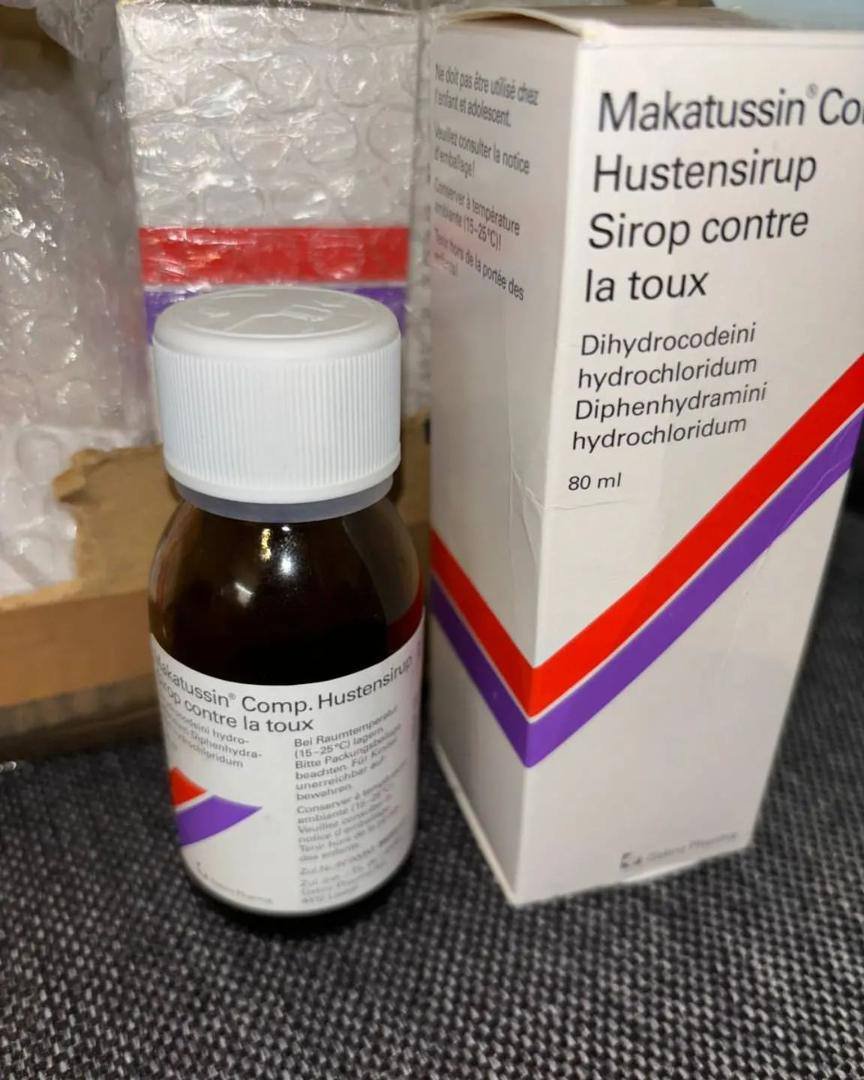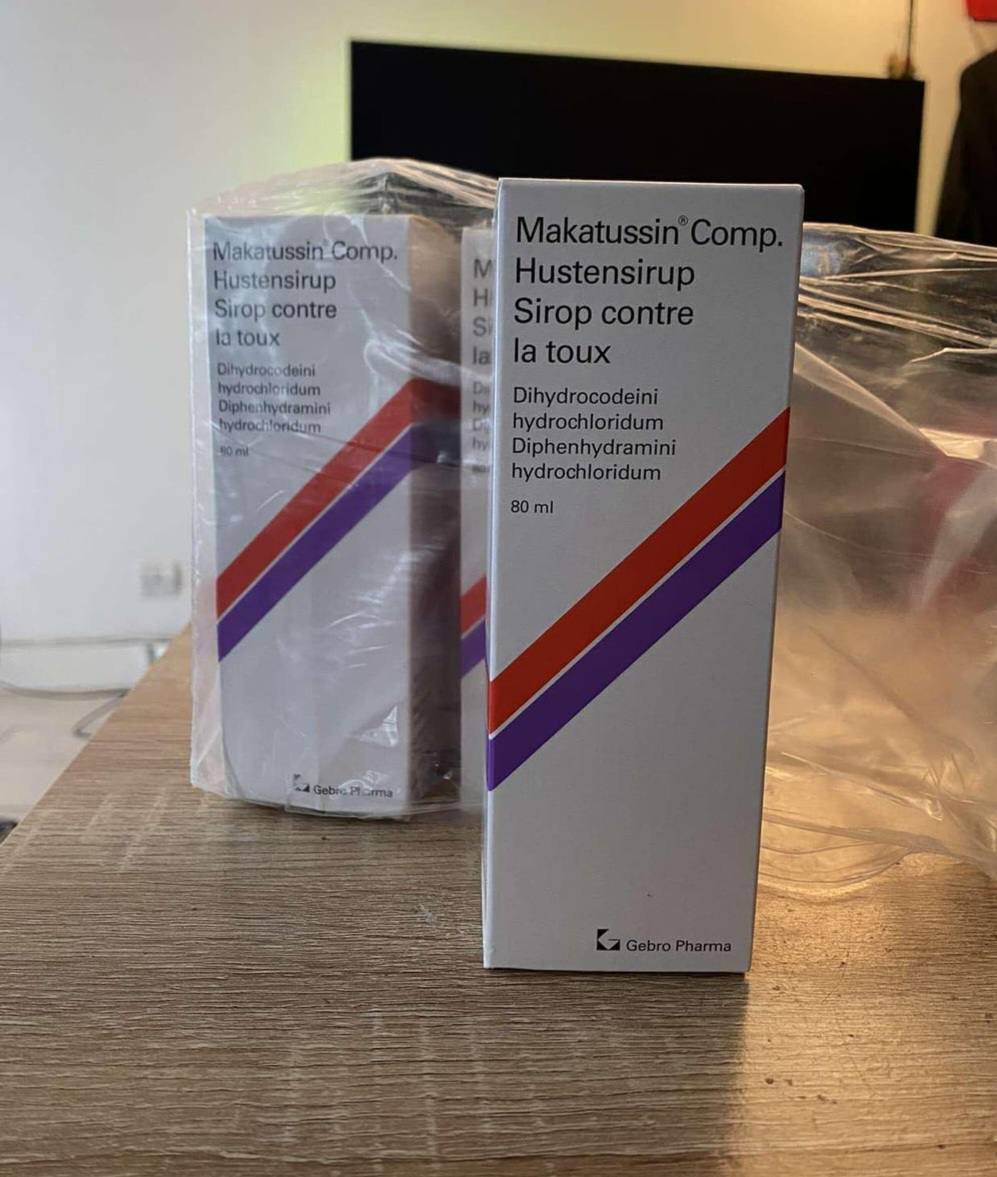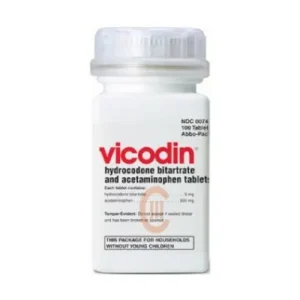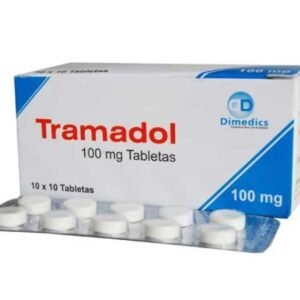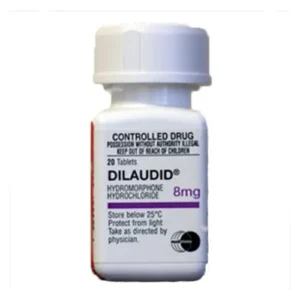Makatussin comp 80ml Bottle
Buy Makatussin Comp Sirup, here can I buy Makatussin Comp syrup online without a prescription, best place to order Makatussin Comp syrup online safely
Makatussin comp 80ml contains dihydrocodeine and diphenhydramine,
Dosage Makatussin comp
Duration of treatment without improvement and without consultation with a doctor: 5–7 days.
12 years: 15–20 (max. 30) drops 3–4 times daily, regardless of meals; dosing interval: min. 4 hours.
Dosage/Application Makatussin Comp
Adults and adolescents over 12 years: 15-20 drops 3-4 times daily (up to a maximum of 30 drops at a time).
The dosing interval between two doses should not be less than 4 hours
Makatussin: A Medical Overview
Makatussin is a brand name for a medication typically used as an antitussive (cough suppressant) and sometimes as an analgesic (pain reliever). It’s primarily prescribed to:
• Suppress Cough: Makatussin is used to relieve dry, non-productive coughs, especially when they interfere with daily life or sleep. This is its main purpose.
• Manage Pain: In some formulations, and depending on the specific ingredients, Makatussin might also be used to manage mild to moderate pain when other analgesics are not sufficient. However, this is not the primary use for most formulations.
Active Ingredients of Makatussin:
The specific active ingredients in Makatussin can vary, but it commonly includes:
• Codeine: This is the core component of most Makatussin formulations. Codeine is an opioid that acts on the cough center in the brain to suppress coughing. It also provides mild pain relief, though it’s not the primary intent when used in cough syrups like Makatussin.
• Diphenhydramine: Some Makatussin formulations contain this antihistamine. It can help with cough symptoms through its sedative and anticholinergic effects and can help ease allergy related coughs.
• Ephedrine: Some formulation may contain this decongestant, it helps with nasal congestion.
Forms of Makatussin:
Makatussin is most commonly available as an oral solution/syrup, making it easy to adjust dosages, particularly for children and older adults. Other forms, such as tablets or capsules, are less common for this specific brand.
Important Considerations and Potential Risks:
It is critical to understand that Makatussin is a prescription-only medication with several potential risks:
• Addiction and Dependence: Codeine is an opioid, and regular use can lead to both physical and psychological dependence. This means the body can become reliant on the drug to function normally, and withdrawal symptoms may occur if the medication is suddenly discontinued. This is the primary reason why long-term use should be avoided unless closely monitored by a medical professional.
• Respiratory Depression: Codeine can slow down breathing, especially at higher doses. This is a serious risk, particularly in individuals with pre-existing respiratory conditions or when combined with other central nervous system depressants, like alcohol or benzodiazepines.
Makatussin can cause drowsiness
, dizziness, and impaired coordination. This can make activities like driving or operating machinery dangerous.
Constipation: Opioids, like codeine, are known to cause constipation, which can sometimes be severe.
Nausea and Vomiting: Some individuals may experience nausea and vomiting when taking Makatussin.
Anticholinergic Effects: If diphenhydramine or other ingredients with anticholinergic effects are present, side effects like dry mouth, blurred vision, difficulty urinating, and constipation can occur.
Cardiovascular Effects: If ephedrine is present, it can cause an increase in heart rate and blood pressure. It can also exacerbate existing cardiovascular problems.
Allergic Reactions: Some individuals may be allergic to one or more of the components of Makatussin. Allergic reactions can range from mild to severe, and may include rash, itching, swelling, and difficulty breathing. In the event of an allergic reaction, seek immediate medical assistance.
Drug Interactions: Makatussin can interact with other medications,

